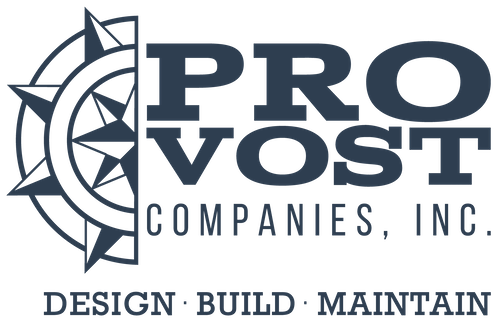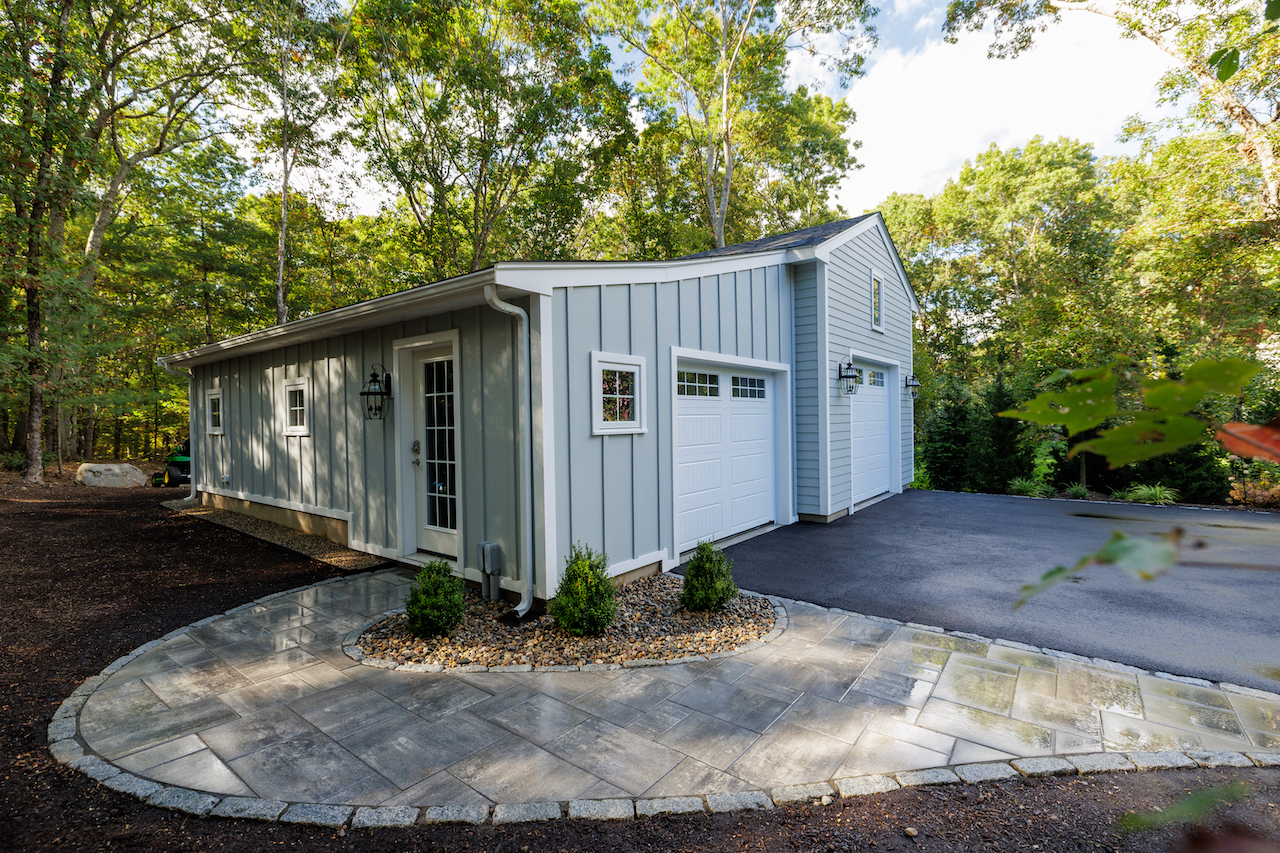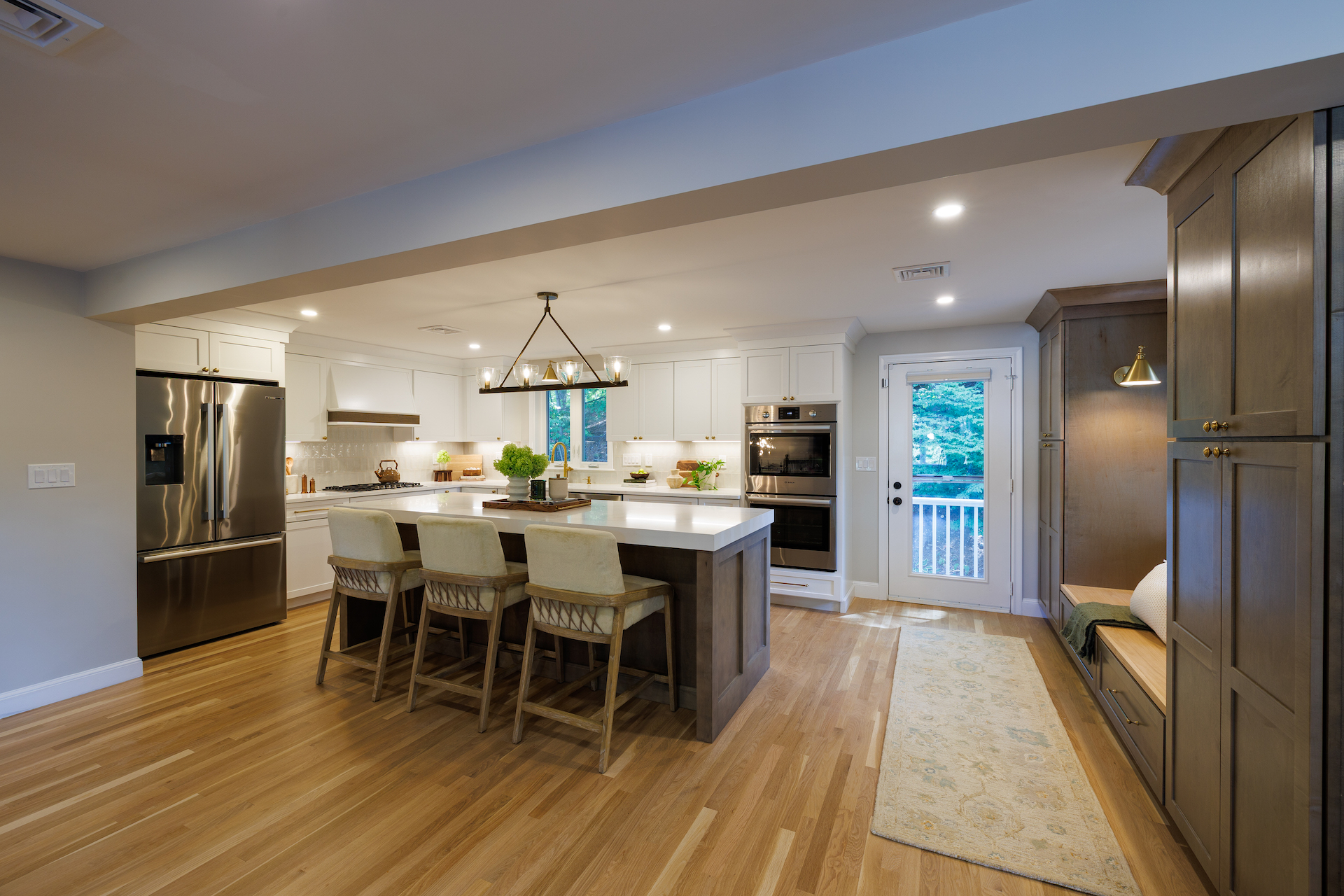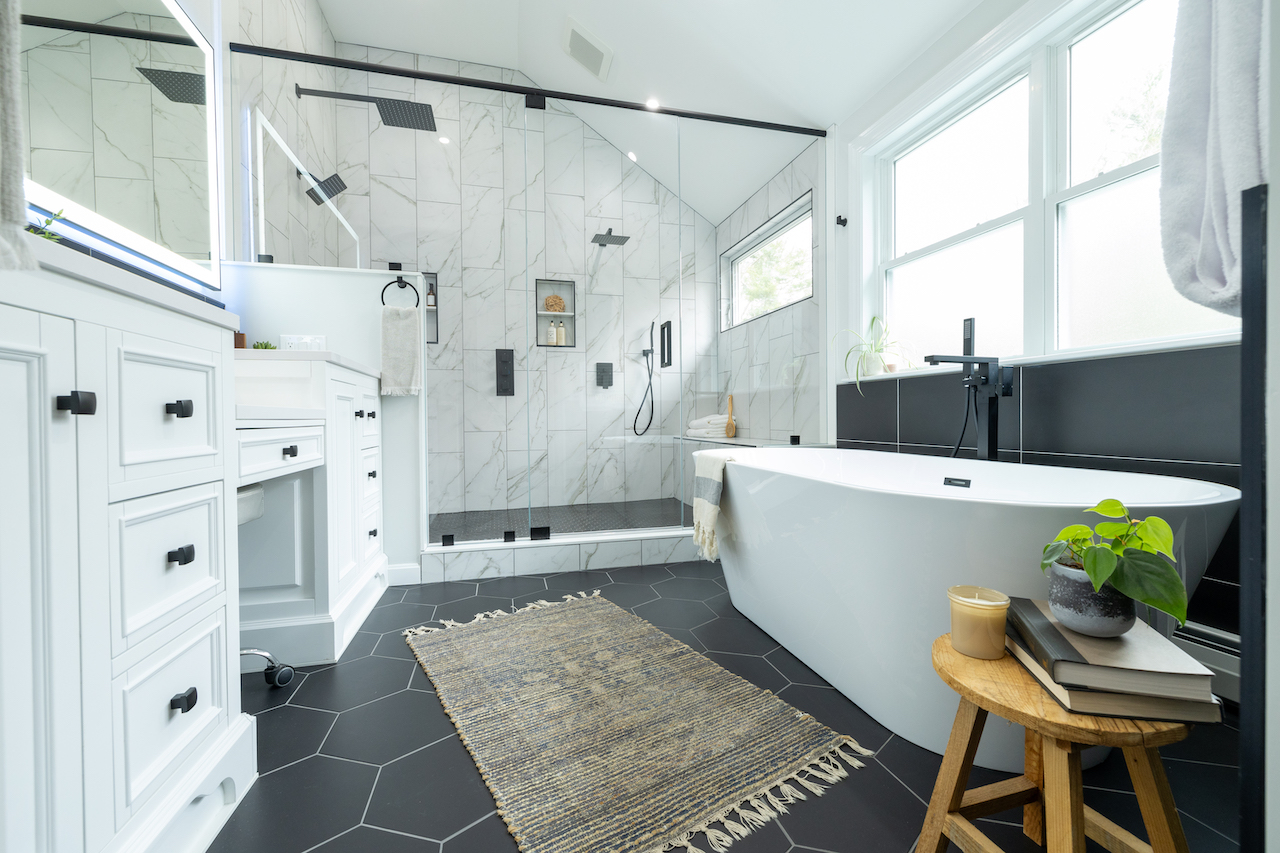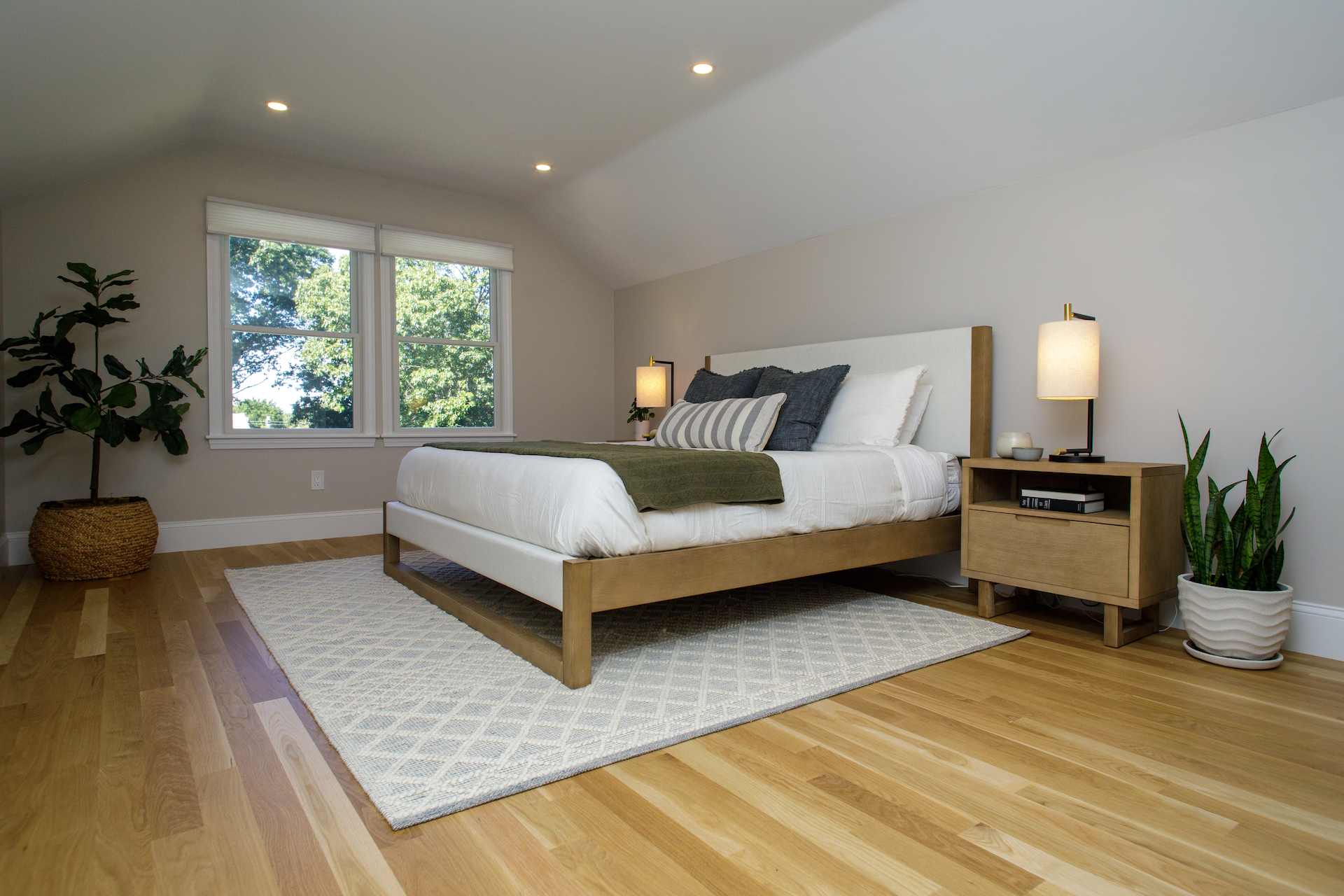Attached vs. Detached ADUs: Which Is Right for Your Property?
As housing needs evolve in Massachusetts, many homeowners are turning to Accessory Dwelling Units (ADUs) as a flexible solution for multigenerational living, rental income, or private guest accommodations. Whether you’re planning to expand your home with an attached suite or dreaming of a detached backyard cottage, understanding the differences between these options can help you make the right choice.
At Provost Companies, we specialize in home additions in Massachusetts, including custom-built ADUs designed to fit your lifestyle and property.
What Is an Attached ADU?
An attached ADU shares at least one wall with the main home and is either built as a home addition, a basement apartment, or a garage conversion. These units can have separate entrances or connect internally to the main home depending on your design goals.
Pros of Attached ADUs:
-
Cost-effective: Generally more affordable to build since utilities and structural components can be shared with the main home.
-
Faster construction: Less groundwork and framing typically results in a shorter construction timeline.
-
Easier to permit: In some Massachusetts towns, attached ADUs face fewer zoning hurdles.
Cons of Attached ADUs:
-
Limited privacy: Noise and proximity to the main home may reduce privacy for both parties.
-
Design limitations: You’re working within the constraints of your existing footprint or structure.
What Is a Detached ADU?
A detached ADU is a standalone structure separate from the main home—think of a tiny home or backyard cottage. These are ideal for homeowners who have space on their lot and want a truly independent living space.
Pros of Detached ADUs:
-
Maximum privacy: Perfect for guests, renters, or family members who want their own space.
-
Increased property value: Adds a new livable structure to your property, which can enhance its market appeal.
-
Creative freedom: More opportunities to design a unique and fully custom space.
Cons of Detached ADUs:
-
Higher cost: Typically more expensive due to additional foundation, roofing, and utility work.
-
More complex permitting: Zoning requirements can be stricter for new, detached structures.
What About Converting Existing Space?
If you’re not looking to build from scratch, converting an existing basement or garage into an ADU might be the sweet spot. These conversions can strike a balance between cost, convenience, and functionality—making them a popular option in dense suburban neighborhoods.
Let a Local Contractor Help You Decide
Whether you’re considering an attached unit, a detached structure, or a conversion, the best approach depends on your goals, budget, and local regulations. A licensed professional can help you evaluate your property and navigate zoning laws to ensure your project is a success.
Provost Companies has extensive experience designing and building home additions in Massachusetts, including ADUs tailored to meet diverse family and lifestyle needs. As a general contractor in Stoughton, MA and a general contractor in Wellesley, MA, we’re familiar with local codes and can help streamline the process from design through final construction.
Featured Project:
0783: Westwood Garage Build
This detached garage build was carefully nestled into the existing tree line to create a beautiful retreat for our Client. The garage was designed to serve as both an office space as well as an automobile shop.
Ready to explore the right ADU for your property?
Contact Provost Companies to schedule a consultation and start planning a space that works for your future.
